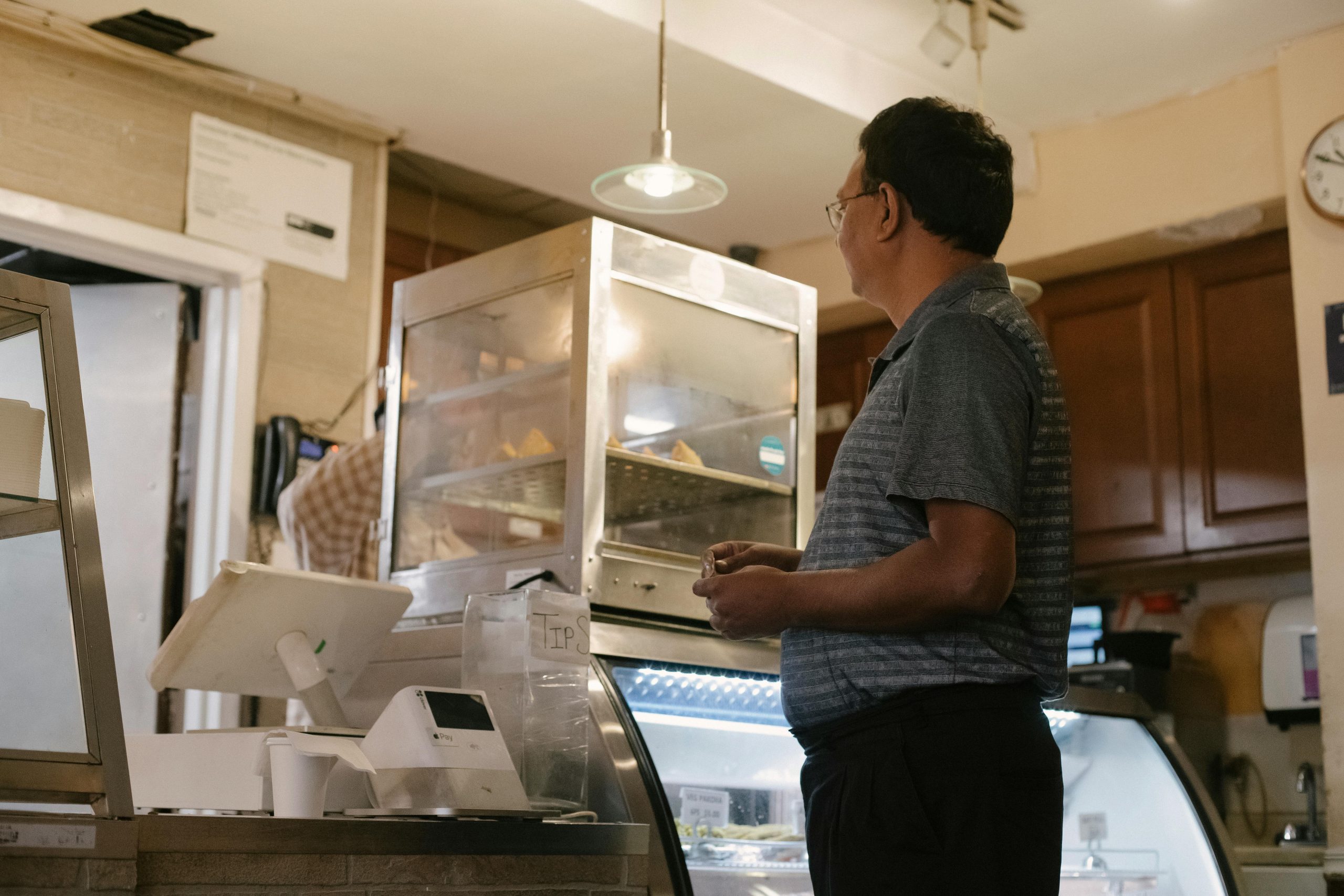Starting a Food Business in Tier-2 Cities: Insights and Opportunities
Aspiring Entrepreneurs: Exploring Opportunities in the Food & Beverage Sector
As a current undergraduate student with a keen interest in the food industry, I am contemplating the prospects of launching a retail food business—be it a bakery, café, or bar—in a tier-2 city. While I am not planning to undertake this venture immediately, I am eager to gather insights, suggestions, and real-world experiences from those who have traversed this path.
Understanding the Market Landscape
Tier-2 cities present unique opportunities for food entrepreneurs. These markets often have less saturation compared to metropolitan areas, allowing new establishments to establish a strong foothold. Additionally, local communities in these regions tend to favor authentic, innovative, and community-oriented food concepts, creating a fertile environment for creative business ideas.
Potential Business Ideas for Tier-2 Cities
-
Artisanal Bakery: Offering fresh, locally-inspired baked goods that cater to regional tastes while incorporating unique flavors.
-
Cozy Café: Creating a welcoming space that combines specialty coffees, light bites, and a relaxing atmosphere—ideal for social gatherings or remote work.
-
Themed Bar or Lounge: Introducing a specialty bar that offers craft beverages, signature cocktails, or cultural experiences tailored to local preferences.
-
Health-Focused Food Outlets: Providing organic, vegan, or gluten-free options to meet the rising health-conscious consumer demand.
-
Food Delivery & Cloud Kitchen Services: Capitalizing on the growing trend of online food orders by establishing delivery-only kitchens focusing on popular regional cuisines.
Key Considerations for Success
-
Market Research: Conduct thorough research to understand local preferences, competition, and pricing strategies.
-
Location Analysis: Secure a high-visibility and accessible location to attract foot traffic.
-
Unique Value Proposition: Differentiate your brand through innovative offerings, quality, and excellent customer service.
-
Cost Management: Maintain optimal operational costs to ensure profitability, especially in the early stages.
-
Community Engagement: Build strong relationships with local customers and participate in community events to foster loyalty.
Learning from Experiences
If you have ventured into similar businesses or have valuable insights, I would appreciate your stories of success and failure. Understanding what worked, what didn’t, and how challenges were overcome can provide invaluable guidance for someone just starting on this journey.
Conclusion
Launching a food-related enterprise in a tier-2 city holds significant potential with the right approach and understanding of the local market dynamics. I look forward to your advice,









